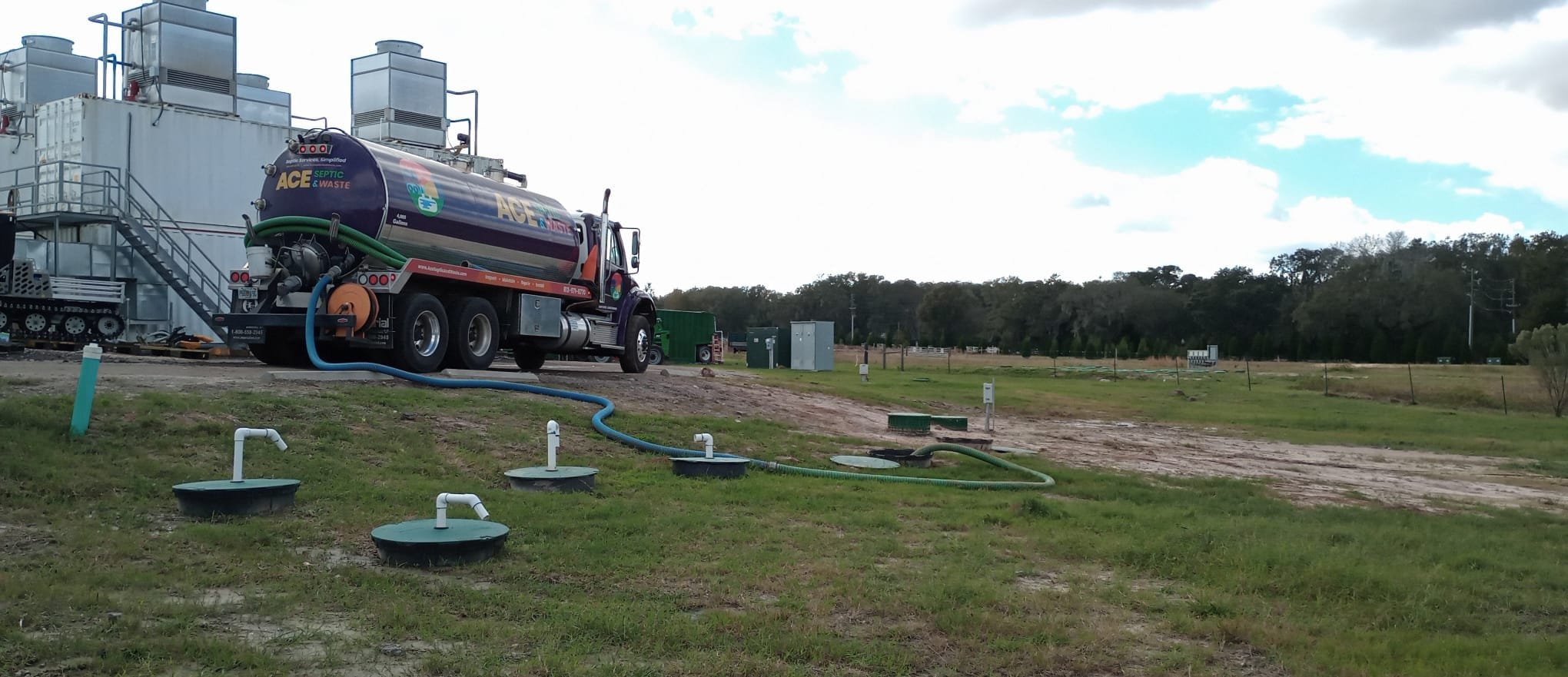Types of Septic Systems
Determining the specific type of septic tank and system you have is essential for proper maintenance and troubleshooting. By understanding the type of septic system you have, you can ensure that you take the necessary steps to a functional system. Various types of septic systems are available, each with unique features to suit different needs:
Septic Tank
- Traditional septic tanks are the most common. They collect and store wastewater until solids settle to the bottom, and the effluent gets released to the drain field.
Conventional System
- A conventional septic system includes a septic tank and a drain field. It’s the standard choice for many households and is known for its reliability in treating wastewater and returning clean water to the environment.
Drip Distribution System
- Drip systems evenly distribute effluent through a network of tubing, reducing the risk of soil saturation. They’re great for sites with high groundwater levels, preventing potential issues caused by waterlogged soil.
Recirculating Sand Filter System
- This system employs sand to treat wastewater, removing impurities before distributing it to the drain field. It’s an environmentally friendly choice, as it naturally filters and purifies the effluent before releasing it.
Mound System
- Mound systems are ideal for areas with high water tables or shallow soil, like Florida! Wastewater is pumped into an elevated sand mound for treatment, making it a practical solution for locations with challenging soil and/or water conditions.
Constructed Wetland System
- These systems mimic natural wetlands, using vegetation and microbial action to treat wastewater. They’re an eco-conscious choice for treating sewage, as they provide a sustainable and environmentally friendly option.
Aerobic Treatment Unit (ATU)
- Aerobic treatment units infuse oxygen into the treatment process, facilitating faster decomposition of organic matter. They’re efficient and compact, ensuring thorough wastewater treatment in a smaller space.
Each type of septic tank system has its advantages and is suited for specific situations. Your choice should depend on your property’s characteristics, local regulations, and environmental concerns. Consulting with a septic system professional like ACE Septic and Waste can help you determine the right system for your needs.
Your Type of Septic System
To properly determine what type of septic system you have, there are a few methods you can use. Start by checking any documentation related to your property’s construction or previous maintenance records. These documents will provide information about the type of septic system installed.
If you don’t have documentation, visually inspecting the property may help point to the system used. Asking neighbors may also help since it’s common for neighbors to either share a septic system or have a similar installation.
In some cases, contacting a professional septic service provider or inspector may be necessary for an accurate assessment. These experts have experience identifying different types of septic systems and can provide guidance based on their knowledge.
Knowing what specific type of septic tank you have is crucial for proper maintenance and potential repairs in the future. By understanding your system’s characteristics, you can ensure that it receives appropriate care to maximize its lifespan and functionality.







